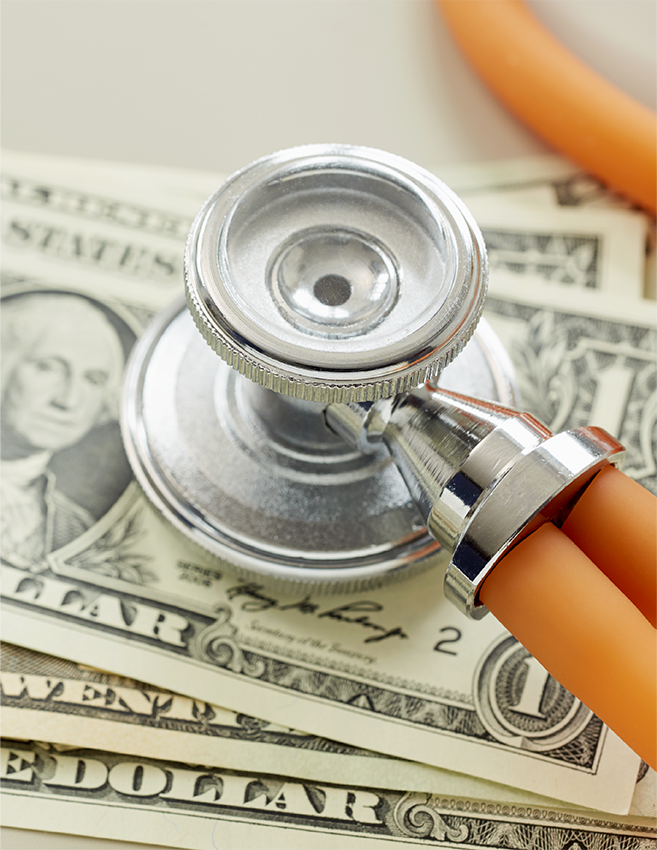Recently, the Department of Health and Human Services (HHS) made four major announcements that enhance liability protections and provide relief from unfair enforcement practices so companies can utilize their full potential to combat the pandemic. HHS is the latest government agency to make positive policy changes to protect companies from unfair private-sector litigation related to COVID-19, and to rein in unfair government enforcement practices.
First, the agency expanded liability protections under the Public Readiness and Emergency Preparedness (PREP) Act. Among the various updates and clarifications in the agency’s fourth amendment to HHS’s PREP Act Declaration is an extension of liability protections for companies that employ private channels to distribute FDA-approved drugs and devices to combat COVID-19. HHS also extended this protection to respiratory protective devices approved by the National Institute for Occupational Safety and Health.
Previously, these “covered products” were eligible for PREP Act protection only if they were distributed to a company with a government contract or grant or if their distribution was authorized by a government entity. These limitations on distributing products already approved by the government and covered by the PREP Act didn’t provide businesses the protections necessary for getting critical products to those in need.
Second, the Department created a “Good Guidance Practices” rule to help clarify the appropriate use of the guidance it issues. The rule says the agency must self-identify all guidance documents and these documents must contain a disclaimer indicating that they cannot create binding requirements that aren’t already present in existing statutes or regulation It also requires guidance documents to improve transparency by disclosing pertinent information (such as legal citations), and it creates a petition process for the regulated community to correct unlawful guidance. This rule is critically important, as it makes clear that guidance documents can’t be used as a backdoor way to create new regulations. Prohibiting the inappropriate use of these documents and allowing for petitions asking to clarify the meaning of guidance documents will help ensure that agency actions are grounded in law.
Third, HHS issued an advisory opinion outlining its steps to comply with Azar v. Allina. There, the U.S. Supreme Court determined that the agency must use notice-and-comment rule-making in certain circumstances, even where the Administrative Procedure Act does not require it. This advisory opinion is important because it limits the type of guidance that may serve as the basis for enforcement action and brings much-needed standards to the use of guidance documents and the rule-making process.
Finally, the Department created the False Claims Act Working Group to enhance its partnership with the U.S. Department of Justice (DOJ) to combat fraud and abuse. The group will work internally to help its most vulnerable programs better identify fraud and refer potential claims to the DOJ. This will encourage a more cooperative relationship between the two agencies. Since the DOJ has previously stated that it will work with agencies during the False Claims Act enforcement process, HHS now will be better equipped to recommend courses of action. This collaboration will help ensure that only viable cases will proceed while the meritless ones are stopped in their tracks.
The HHS announcements are a welcome development for businesses trying to produce COVID-19 countermeasures that the public needs while navigating an ever-evolving regulatory environment. They show that HHS recognizes that giving companies appropriate PREP Act liability protection and clear and consistent guidance on how to stay on the right side of the law is necessary for the private sector to function.


